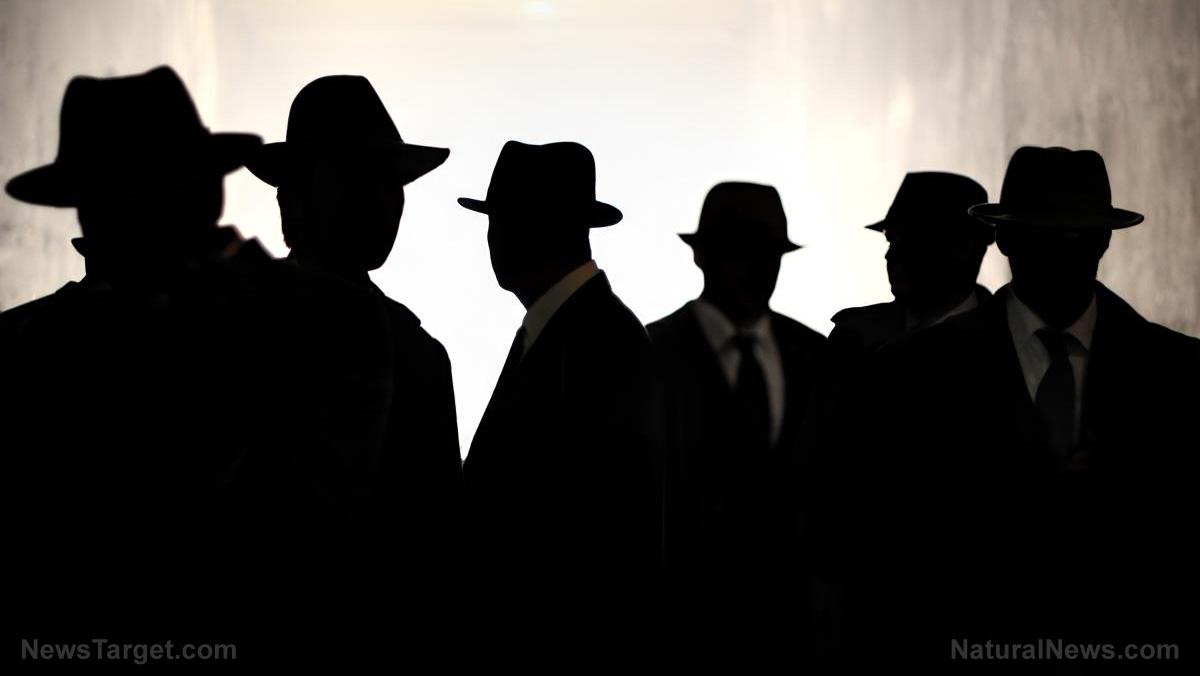
A retired diplomat has been charged with secretly spying for the communist Cuban regime for more than four decades.
The Department of Justice (DOJ) confirmed charges against 73-year-old former U.S. diplomat Victor Manuel Rocha in a complaint filed Dec. 1. Rocha, who hailed from Colombia, became a naturalized U.S. citizen in 1978. But three years later, he began acting as a covert agent for the Cuban General Directorate of Intelligence (DGI).
To expand upon his role as a spy for Havana, Rocha allegedly applied for and successfully obtained employment with the Department of State between 1981 and 2002. He eventually became the U.S. ambassador to Bolivia from 2000 to 2002. Rocha managed to have access to classified information during his tenure at the State Department.
The DOJ also claimed that the retired diplomat continued to engage in other acts intended to support the DGI after his stint at the State Department. From around 2006 until about 2012, Rocha used his position as an advisor to the commander of the U.S. Southern Command to spy for Havana. The joint military command also oversees Cuba as an area of responsibility. (Related: The enemy of my enemy is my friend: Beijing plans to construct military training facility in Cuba and station Chinese troops on the island.)
Rocha was charged with three primary federal offenses in a federal court in Miami on Dec. 4: conspiring to act as an agent of a foreign government without prior notification to the attorney general; acting as an agent of a foreign government without prior notification to the attorney general; and using a passport obtained by false statement.
We are building the infrastructure of human freedom and empowering people to be informed, healthy and aware. Explore our decentralized, peer-to-peer, uncensorable Brighteon.io free speech platform here. Learn about our free, downloadable generative AI tools at Brighteon.AI. Every purchase at HealthRangerStore.com helps fund our efforts to build and share more tools for empowering humanity with knowledge and abundance.
Attorney General Merrick Garland described Rocha's espionage as one of the "highest-reaching and longest-lasting infiltrations of the U.S. government by a foreign agent" in history.
"We allege that for over 40 years, Rocha served as an agent of the Cuban government," said Garland. "[He] sought out and obtained positions within the U.S. government that would provide him with access to non-public information and the ability to affect U.S. foreign policy."
The Federal Bureau of Investigation's (FBI) Miami Field Office investigated the case, with the Washington Field Office contributing to the probe. The State Department's Diplomatic Security Service also extended assistance, according to the Epoch Times.
Rocha's arrest made waves in Bolivia
According to the criminal complaint, Rocha "kept his status as a Cuban agent secret in order to protect himself and others and to allow himself the opportunity to engage in additional clandestine activity."
"Rocha provided false and misleading information to the U.S. to maintain his secret mission; traveled outside the United States to meet with Cuban intelligence operatives; and made false and misleading statements to obtain travel documents."
An FBI agent posing as a covert DGI operative managed to pry Rocha's secrets, leading to his arrest after over 40 years of keeping his activities hidden from Washington. During a series of meetings in 2022 and 2023, Rocha made statements admitting his "decades" of espionage work for Havana. He also allegedly referred to the U.S. as the "enemy" and used the term "we" to describe himself and Cuba.
Outside the U.S., Rocha's arrest caught attention in Bolivia, where he is remembered for making controversial remarks back in 2002. An article by the Spanish newspaper El Pais recounted this instance from 21 years ago.
According to the piece, there were three candidates fighting for the top spot – neoliberal Gonzalo Sanchez de Lozada, moderate Manfred Reyes Villa and socialist Evo Morales. While Reyes Villa was the projected winner at the time, opinion polls showed Morales' rising poll numbers – mainly stoked by his calls for radical change.
"Shortly before the vote, Rocha told the press that if the Bolivian electorate 'votes for those who want Bolivia to return to exporting cocaine, they will seriously jeopardize any future aid to Bolivia from the United States,'" El Pais stated.
The diplomat-turned-spy's comments had the opposite effect, however. While Morales did not win the election that year, he won the 2005 election and served three consecutive terms from 2006 to 2019.
Head over to SpyGateNews.com for more stories like this.
Watch Tiffany Meier of NTD News discuss Victor Manuel Rocha's arrest over his espionage activities for the Cuban regime.
This video is from the Pool Pharmacy channel on Brighteon.com.
More related stories:
Russia arrests WSJ reporter over alleged espionage charges.
Ex-Twitter employee sentenced to 3.5 years in prison for serving as SPY for Saudi Arabia.
Sources include:
Please contact us for more information.















